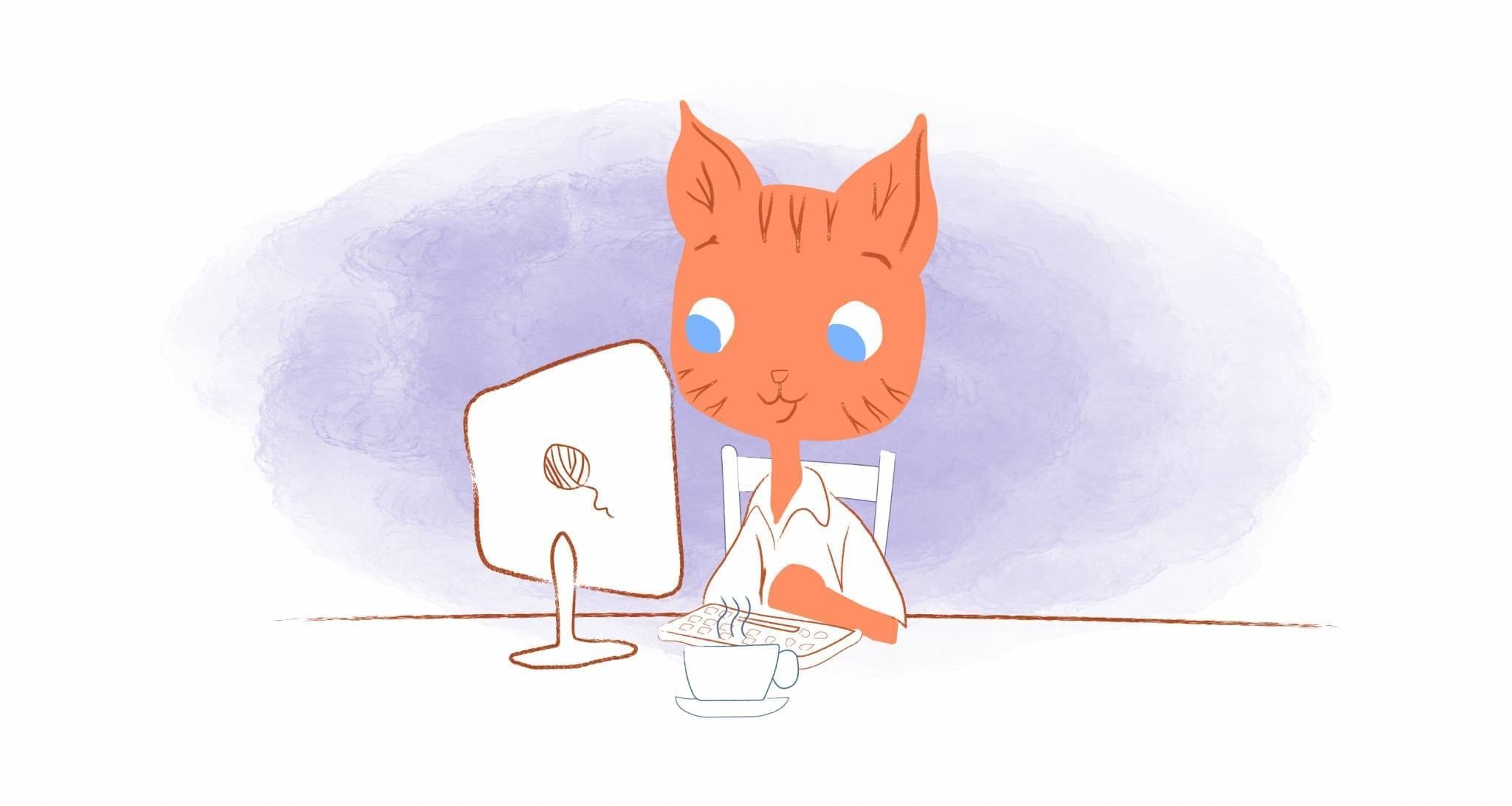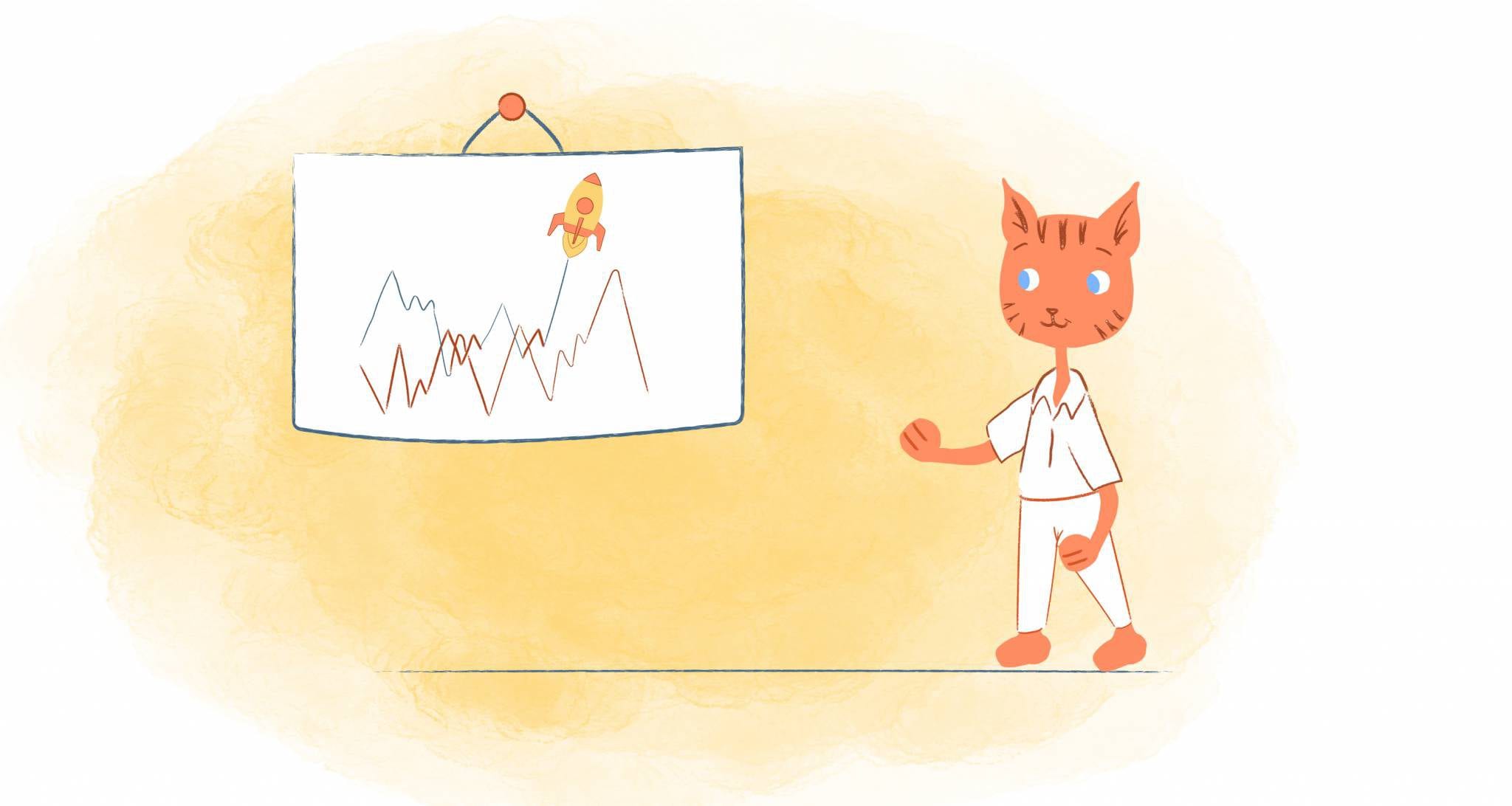

Even if you’ve never struggled with anxiety in the past, it’s understandable that you might currently be battling negative and worrisome thoughts. When there are a ton of additional worry’s in your life, it makes focusing on work a little more complicated. I mean, with everything going on in the world right now, your work may seem trivial.
Focusing on something else like your business can be a welcome and healthy distraction. And, if that’s something you’re striving for, then here’s how you can actually focus when anxiety’s gotten the best of you. Sometimes, focusing is a matter of self-care and prioritizing your wellness and emotional management skills.
Just breathe.
Breathing exercises, as noted by the University of Michigan, are one of the easiest and most effective ways “to relax, reduce tension, and relieve stress.” The reason? By breathing deeply, “it sends a message to your brain to calm down and relax.” And, best of all, breathing exercises can be done “whenever you want, and you don’t need any special tools or equipment to do them.”
If you have the extra time, and desperately need to relax and refocus, then meditating is worth pursuing. The reason why this works is that it forces you to disregard distracting or concerning thoughts and come back to the present.
Add a daily “worry” period into your schedule.
I’m the type of person who wants a resolution. For instance, if I get into a disagreement with someone, I want to thoroughly hash out the issues, quickly, until everything’s been smoothed over. I don’t like to drag out issues. Much better to hash out, resolve, and move on.
In a similar way to hashing out issues, jotting down what your anxious about makes sense. Writing gets these negative thoughts out of your head. That means instead of worrying about “buggy thoughts” right now, you can come back to them when you have the time. More importantly, writing allows you to come up with solutions or even challenge your anxiety. Seeing your thoughts on paper makes you realize that there’s an easy answer or that your fear was irrational.
The key is to make this a part of your daily routine. Personally, this is incorporated into my morning routine. But, you could do this when taking a break at work or when you get home for the day. I don’t think you should do this right before bed — because listing and thinking about worries may do the opposite of getting rid of them.
A good bedtime routine and habit is certainly not to make you anxious as you’re trying to go to sleep. And don’t worry too much. Just set aside a couple of minutes each day for this activity.
Focus on what you can control.
There will always be uncertainty in the world. Change, risk, and uncertainty will be ever with us. This statement seems even more true in these stressful and unusual times. Having additional stresses at this time is a serious concern for those who already struggle with anxiety. When anxiety is part of your daily life, you’re anticipating every “what if” scenario. Well, there is a lot more of that right now.
Here’s the thing, though. It’s been found that 85 percent of what people worry about never happen. So — combat that worry by telling yourself that you’ll want to accept that uncertainty is just a part of life. And, instead of obsessing about that fact — focus on what you can control.
For example, you probably have little influence over the economy. While things are undoubtedly dire and concerning right now, it’s out of your hands. You can control the finances at work and home by creating a budget and looking for new revenue streams.
Stay in “audit mode.”
Despite all of his success, Gary Vaynerchuk admits that he’s “an obnoxious procrastinator.” So, how does he still get so much work done? He stays in constant “audit mode.”
I’m always leveling up what’s most essential and prioritizing it in real-time,” writes Gary. “I’m adjusting to the reality of my life in the moment I’m living it.”
“So, if something was super important yesterday, I can decide that it’s less important predicated on what comes into my inbox today.” He adds. “I’m completely obsessed with the thing that I deem most important in that moment.” But, that also means that some of his priorities “might get pushed back.”
“As long as I’m executing on something every single day, I know I’m moving the needle,” clarifies Gary. “I don’t get crippled by the amount of things I ‘need’ to do or the number of priorities I have.”
“Something might go from second most important [list item] to ninth most important to tenth most important, and might not be addressed for an entire year.” But, that’s perfectly fine with Gary as long as he’s regularly doing something.
And, if that’s something you’re still struggling with, then commit to an activity for just a couple of minutes. That’s just enough time to build momentum to get into “audit mode.” Or, to put it another way, just get started.
Use physical triggers.
Take note of any movements or gestures that get you pumped right before you do something. It’s a simple trick that peak performers employ. “Michael Phelps famously would stand up on the [diving] blocks, and he does those giant wing slaps on his back with his arms,” says Jamie Wheal, co-author of “Stealing Fire: How Silicon Valley, the Navy SEALs, and maverick scientists are revolutionizing the way we live and work. Another example is Tony Robbins, who “does all of his power-posing before he jumps on stage.”
“These are ways just to prime and signal ourselves to make the most of [the energy], not to try and get rid of it.” Some research has found that body language, like striking a power pose, can reduce stress and help you feel more confident.
Go on a tech detox.
The average person spends eleven hours each day interacting with the media. I wouldn’t be surprised if that’s even more, these days considering that we’re relying on technology, even more, to work remotely and interact socially wither friends and family.
That’s undoubtedly a good thing. But, we also need the occasional tech detox. Why? Because technology makes us more anxious and stressed, negatively impacts relationships, harms our physical health, and is one of the most significant work distractions.
But, how can you possibly unplug when you’re so reliant on tech? Well, here are some suggestions that I’ve had success with:
- Put it on your calendar. Let’s say that you blocked out time for a 20-minute break between meetings. Use that time to go for a walk instead of scrolling through your phone.
- Block at apps at specific times, like when you’re focusing on deep work or spending quality time with your family.
- Designate tech-free zones, such as the dining room table.
- Allow yourself to get bored. For example, when standing in a line, don’t look at your phone. Just let your mind drift off.
- Consider deleting the social media apps you no longer use. Or, remove them from your phone entirely so that you have to log in at predetermined times.
- Don’t let your inbox get out-of-control.
- Spend more time in places where electronic devices aren’t permitted.
- Schedule more one-on-one calls instead of going back-and-forth via text, email, or Slack.
Let your mind wander.
“In your brain, there are circuits that promote mind-wandering, and they are not all bad,” writes Srini Pillay, MD, over on the Harvard Health Blog. “In fact, these very circuits help you maintain a sense of self, understand what others are thinking more accurately, become more creative, and even predict the future.”
Without these “mind-wandering circuits, your brain’s ability to focus would become depleted,” adds Pillay. And, as a result, “you would be disconnected from yourself and others too.”
Even more impressive, there are “also has automatic constraints too, to ensure that it does not stray too far.” For example, if you were “daydreaming during a boring lecture,” then “your brain may jerk you back into reality.”
However, when mind-wandering goes awry, this causes anxiety by overreacting to possible threats based on past experiences. In turn, your mind gets fixated on these thoughts, so that’s all that you think about. Instead of fighting against this, identify this negative spiral and let your mind wander even more. For instance, when anxiety strikes, meditate, or switch tasks to something like gardening or knitting.
Develop healthy habits.
I’m positive that you’ve come across this piece of advice ad nauseam. But, that’s because it’s a proven way to reduce anxiety. If you haven’t done so yet now is the perfect time to create better habits like eating healthy, being more physically active, and getting plenty of sleep. Also, don’t forget to make time for some self-care and doing things that make you happy, whether it’s a hobby or giving back to others.
All of these habits will not only alleviate your anxiety but, they will also help you become more focused and productive at work.
Now might not be the best time to do intensive work — take a little break.
Finally, if you’re feeling extremely overwhelmed, you might want to take some time off. Time off may only be an hour or so. I understand that you still have to get things done and pay your bills. But, you also need to take a step back and realize that it’s OK to slow down. After all, slowing down a little allows you to finally attend to your health and well-being, reassess your priorities, and gain fresh perspectives.











Abby Miller
Student at UC Berkeley, currently working on a degree in Electrical Engineering/Computer Sciences and Business Administration. Experienced in CSX, productivity management, and chatbot implementation.